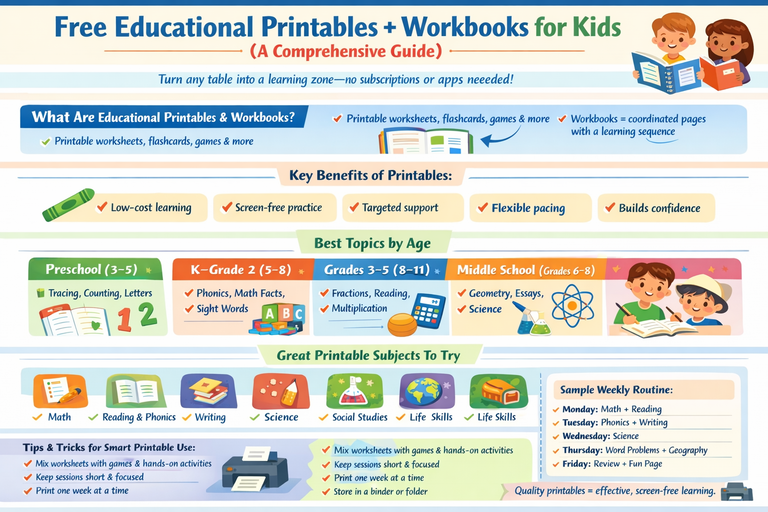The Cognitive Shield: How Reading Books Can Reduce the Risk of Dementia
In the realm of maintaining mental wellness, few things are as vital as preserving cognitive function. The prospect of reduced memory, impaired thinking, and loss of independence is a concern that looms large, especially as we age. But what if there was a way to fortify your brain against such challenges? Recent studies suggest that the habit of reading books could hold the key to reducing the risk of dementia. Let's uncover how the pages of a book might serve as a shield for your cognitive health.
Understanding Dementia and Its Impact
Dementia is an umbrella term for a range of cognitive impairments that interfere with daily life. Alzheimer's disease, the most common form of dementia, affects memory, thinking, and behavior. As the global population ages, dementia's prevalence is on the rise, making the search for preventive strategies more critical than ever.
Enter the Cognitive Workout: How Reading Helps
Engaging in regular cognitive exercises is like giving your brain a workout. Reading books, in particular, provides a multifaceted cognitive workout that stimulates various regions of the brain responsible for language processing, memory retention, and critical thinking.
The Cognitive Benefits of Reading:
Language Processing: Reading involves decoding words, understanding sentence structures, and comprehending meaning. This intricate process stimulates the brain's language centers, maintaining their vitality.
Memory Enhancement: Following the plotlines of stories or retaining information from non-fiction books exercises your memory. This ongoing practice strengthens memory pathways, promoting resilience against memory decline.
Visualization: Books often provide detailed descriptions that require readers to visualize scenes and characters. This mental imagery enhances the brain's visual processing capabilities.
Analytical Thinking: Whether solving a mystery or pondering philosophical concepts, reading encourages analytical thinking. This mental exercise sharpens cognitive flexibility and problem-solving skills.
Stress Reduction: Immersing yourself in a captivating book offers an escape from stress. Reduced stress levels have been linked to a lower risk of cognitive decline.
Reading as a Social Connector: The Alzheimer's Prevention Factor
Reading isn't just a solitary activity; it can foster social connections that play a role in dementia prevention. Book clubs and reading groups provide opportunities for discussions, mental engagement, and the sharing of ideas. Social interactions stimulate brain activity and contribute to overall cognitive health.
Diving into Diverse Genres: A Cognitive Buffet
Varying your reading material serves as a comprehensive cognitive workout. Fiction stimulates imagination, empathy, and emotional processing. Non-fiction engages critical thinking and knowledge acquisition. Poetry offers linguistic and emotional exploration. By exploring different genres, you're providing your brain with a well-rounded cognitive diet.
The Role of Lifelong Learning: Neuroplasticity and Dementia Prevention
Neuroplasticity, the brain's ability to adapt and reorganize itself, plays a significant role in dementia prevention. Engaging in new activities, such as reading different genres, challenges the brain and promotes neuroplasticity. This adaptability strengthens cognitive reserves, making the brain more resilient in the face of age-related changes.
A Lifelong Habit: Starting Early and Maintaining Momentum
The benefits of reading for dementia prevention extend across the lifespan. Starting the habit early in life lays a foundation for cognitive health that can pay dividends as you age. However, it's never too late to begin. Even in later years, engaging in regular reading can provide cognitive benefits and possibly reduce the risk of cognitive decline.
In Conclusion: Pages of Protection for Your Mind
As the saying goes, "A mind once stretched by a new idea never regains its original dimensions." Reading books isn't just a leisure activity; it's an investment in your cognitive future. By engaging in the mental gymnastics of reading, you're strengthening cognitive pathways, fostering neural connections, and building cognitive reserves that can serve as a protective barrier against dementia.
In a world where the risk of cognitive decline is a growing concern, reading offers a beacon of hope. It's a proactive step towards preserving mental acuity, sustaining memory function, and enjoying a quality of life that's free from the burden of cognitive impairment. So, as you flip through the pages of a book, take comfort in the knowledge that you're not just reading—you're engaging in an act of cognitive self-care, one that empowers you to protect your mind and enjoy a future that's rich with intellectual vibrancy.








